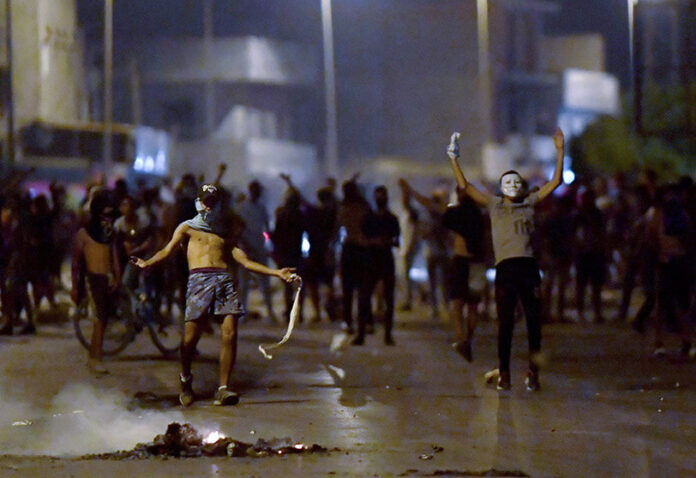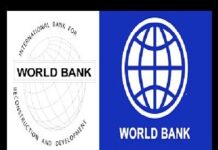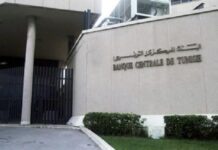It was clear from the outset that the Fund’s outputs in the fall of 2019 would exacerbate the crisis that afflicted the country since the previous electoral period, and that the failures of the democratic transition would be exacerbated by the separation caused by the ruling elites and the opposition between the political and social, between politicians and their battles and the people and their problems.
But no one believed that the acceleration of the crisis process would take place in this tragic and comic way, and that the country would reach the brink of the abyss while we were discussing the possibility of establishing a dialogue between the most important parties of government and production, and that we were drowning in the absurdity of searching for dialogue in “uncharacteristic” ways and with a “new” methodology, so we replaced direct action With verbal cracks that could have been entertaining had it not been for the tragic situation of our health, financial, economic and social conditions.
We waited six and a half months after the head of state received the initiative of the Tunisian General Labor Union to launch a national dialogue to gather around him the Prime Minister and some former heads of government to tell them and us that the previous national dialogue was not a dialogue and was not patriotic: the dialogue that saved the country from civil war and the democratic transition from the final setback.
Thus, the President of the Republic almost completely closed the channels of communication between him and the Tunisian General Labor Union as well as with the Tunisian Union of Industry, Trade and Handicrafts.
There is no doubt that the rest of the components of the Quartet sponsoring the national dialogue, the Human Rights League and the National Lawyers Association, will, in turn, express their astonishment at this presidential description, which was quickly added to a strange clarification that the president did not mean any party, as if the dialogue was a process separated from the interlocutors, especially those who embraced and nurtured him!
President Kais Saied missed the opportunity to lead a serious dialogue to get the country out of its worsening crises, and it is an opportunity that will not be restored.
On the other hand, it does not seem that a dialogue from outside the main institutions of governance has sufficient ability to impose tangible results on the current system, especially since the momentum enjoyed by social organizations and major human rights associations has receded, and therefore this quartet is no longer able today alone to force politicians to radically modify their compass as it did so competently in 2013.
The result of this is that the country’s approach will deepen the crisis in its objective and moral dimensions. First, the health pandemic that we have not yet been able to control, the stifling financial crisis, our urgent need for a new program with the International Monetary Fund, the inability to provide all components of success for our economy and our institutions to achieve even a relative recovery, and the rising and growing anger from several social groups.
Second, the decline in the level of trust among all components of the political and social scene, as the political authority has lost that minimum of people’s confidence, makes it unable today to seriously manage the country.
The closest horizon today is the one that is being pushed by many active forces in the scene, consciously or unconsciously, and it is the social explosion that it seems wrong to employ it to defeat one’s opponents and to monopolize power and rule.
It is more likely that chaos will prevail and the state will collapse, or that some junta will seize the country with an iron fist that will be appreciated by a majority.
Tunisia has been plagued by the worst and most awful political class in its contemporary history that is about to push us all toward the abyss!











